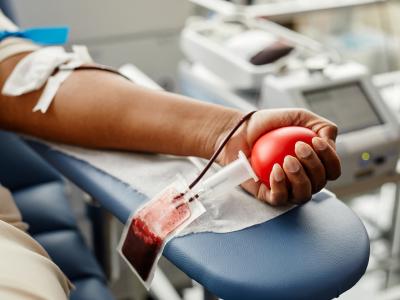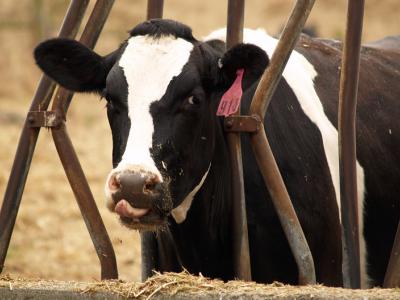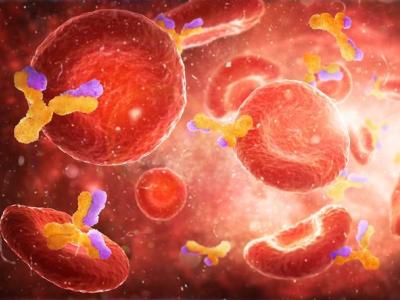Study finds injected polio vaccine safe
Thirteen years of US safety data on the inactivated poliovirus vaccine (IPV, or polio shot) show that it is not associated with major side effects, a study yesterday in The Lancet Infectious Diseases noted.
Researchers from the Centers for Disease Control and Prevention, the Food and Drug Administration, and Emory University in Atlanta studied data on 41,792 adverse events submitted to the US Vaccine Adverse Event Reporting System (VAERS) from Jan 1, 2000, through Dec 31, 2012.
Given that more than 250 million IPV doses were administered during that period, the rate of adverse events was about 0.02%. Also, stand-alone IPV administration was recorded for only 0.5% of the events, as most doses were given in combination with other childhood vaccines.
Among the adverse events reported, 34,880 (88%) were for non-serious events, 3,905 (10%) were for non-fatal serious events (10%), and 783 (2%) were death reports. Almost all deaths (96%) were in children 1 year old or younger, and 52% had sudden infant death syndrome as the reported cause of death. These rates are similar as data on the oral polio vaccine, the authors noted.
The researchers concluded, "No new or unexpected vaccine safety problems were identified." An accompanying commentary called the results "good news."
Aug 16 Lancet Infect Dis study
Aug 16 Lancet Infect Dis commentary
WHO panel calls on Pakistan, Afghanistan to ramp up polio efforts
The World Health Organization's (WHO's) emergency committee on polio today said that the disease continues to constitute a Public Health Emergency of International Concern (PHEIC) and called for stepped-up elimination efforts in Pakistan and Afghanistan as it recognized recent progress there.
The committee noted that Pakistan has reported less than a third of the cases so far this year compared with 2014, no exported cases since October 2014, and fewer children missed by vaccination teams.
"Despite this improvement, however, Pakistan has had 85% of all global wild polio virus cases in 2015," the WHO noted in a statement. "The risk of new exportations from Pakistan remains, with ongoing transmission in the country during the low transmission season, and the commencement of the high transmission season in May."
The panel added that Pakistan and Afghanistan have historically shared a "vast common zone of poliovirus transmission," but added that the recent spread between the two countries is from "discrete zones of persistent transmission" in each country.
The agency noted that countries especially vulnerable to polio importation include war-torn nations in the Middle East, the Horn of Africa and central Africa, particularly the Lake Chad region.
Aug 17 WHO statement









